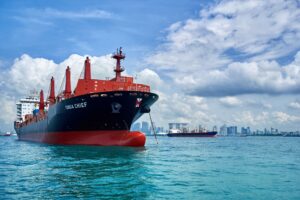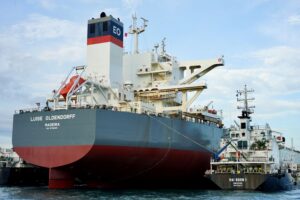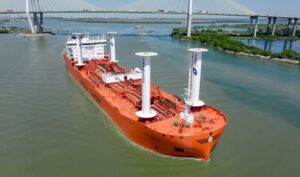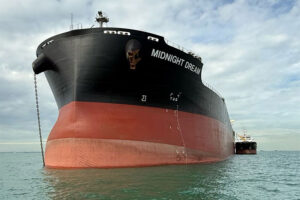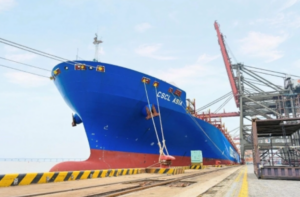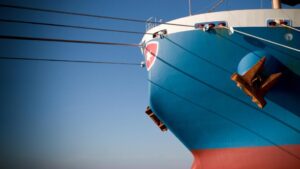Avolta and DB Schenker join forces on biofuel usage
Swiss-based travel retailer Avolta and German logistics provider DB Schenker have signed an agreement for the transport of goods using marine biofuel between Europe and the United States.
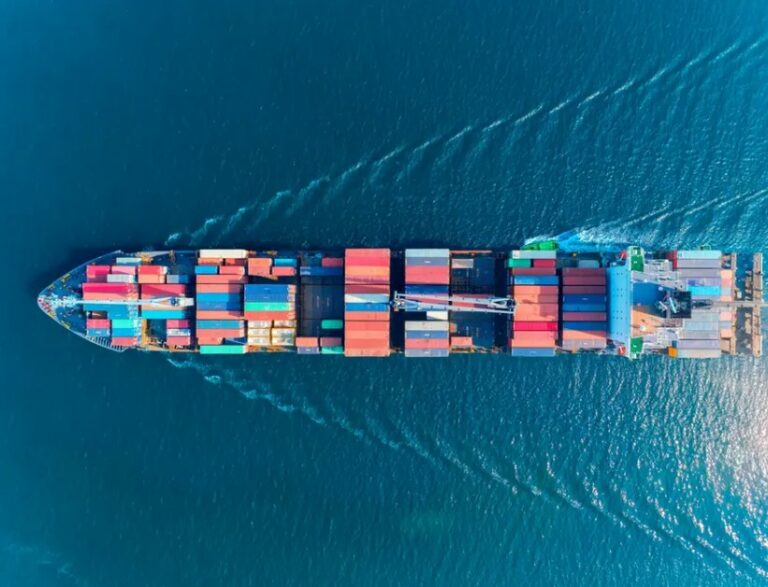
Avolta revealed that from now on, all containers that Avolta will move on the Barcelona – Miami route, using biofuel, will be shipped on low emissions through the application of waste-based marine biofuels and additional units of sustainable marine biofuel.
The aim is to achieve additional compensation for the biofuel’s upstream emissions.
The fuel to be used is called used cooking oil methyl ester (UCOME) and is based on renewable and sustainable sources, mainly waste cooking oil.
The application will be guided by the Book & Claim System, a set of principles that have been developed through a global, multi-stakeholder process with third-party validation to ensure that the use of this chain of custody model has full traceability and credibility, as well as a demonstrable climate impact, Avolta stated.
According to the company, this biofuel switch could prevent over 150 tons of CO2 well-to-wake emissions per year, based on Avolta’s 2023 container volume on this route, reducing up to 84% of the CO2 emissions.
“We are taking a significant step forward towards decarbonising our shipments and route transportations. This agreement represents the starting point of the transitioning to biofuel for ocean freight which will contribute to decarbonise our logistic emission. Our company’s commitment to sustainability is firm and long-term and, as proof of this, we are planning to increase the volume of containers transported using biofuel, advancing in the sustainable and low-emission transportation industry,” Camillo Rossotto, Chief Public Affairs & ESG Officer Avolta, commented.
“Our mission is to help, facilitate, and guide our customers in the sustainable transformation, and on this occasion, we are doing so by offering this biofuel so that they can convert their freight transport into low-emission transport,” Miguel Ángel de la Torre, director of maritime transport at DB Schenker in Iberia, said.
In the context of shipping, the new International Maritime Organization (IMO) strategy calls for a 40% reduction in greenhouse gases by 2023 and for at least 10% of the energy used in shipping to come from zero-energy sources to achieve net zero greenhouse gas emissions by 2050.
DB Schenker recently entered into a partnership with German liner major Hapag-Lloyd for emission-reduced container transports with waste- and residue-based biofuel.
Related Article
-
Hapag-Lloyd, DB Schenker ink biofuel-powered transport deal
Business Developments & Projects

